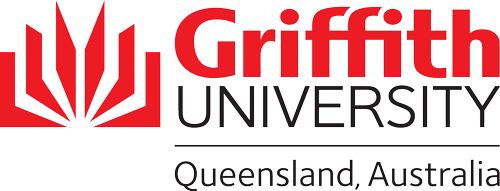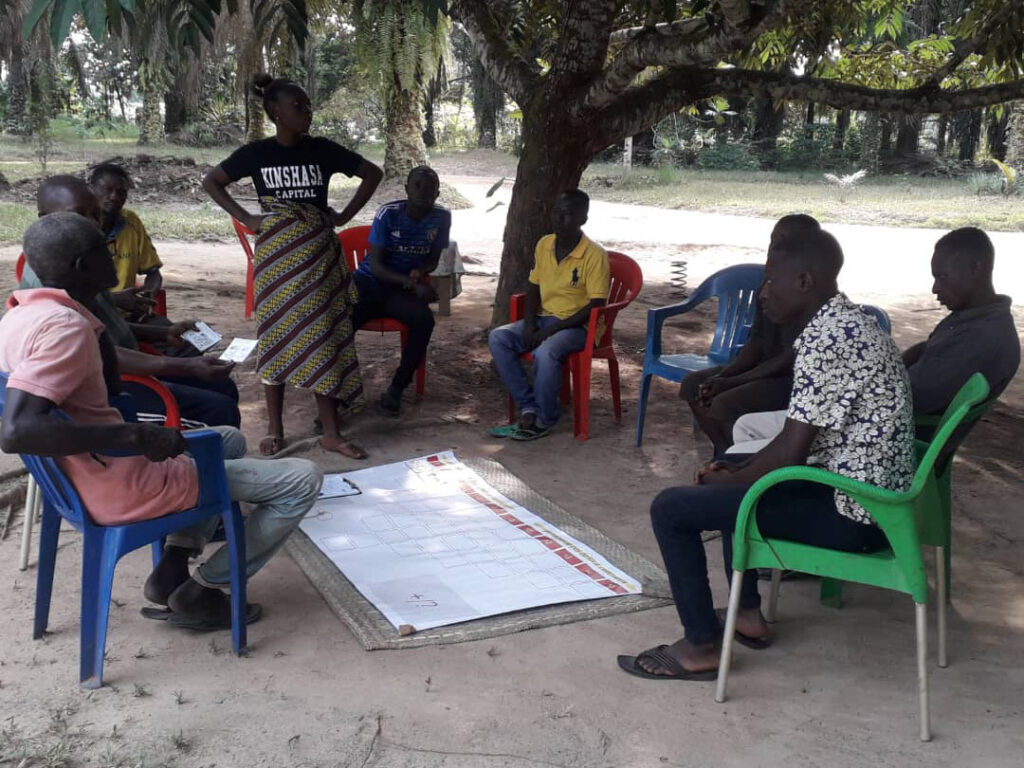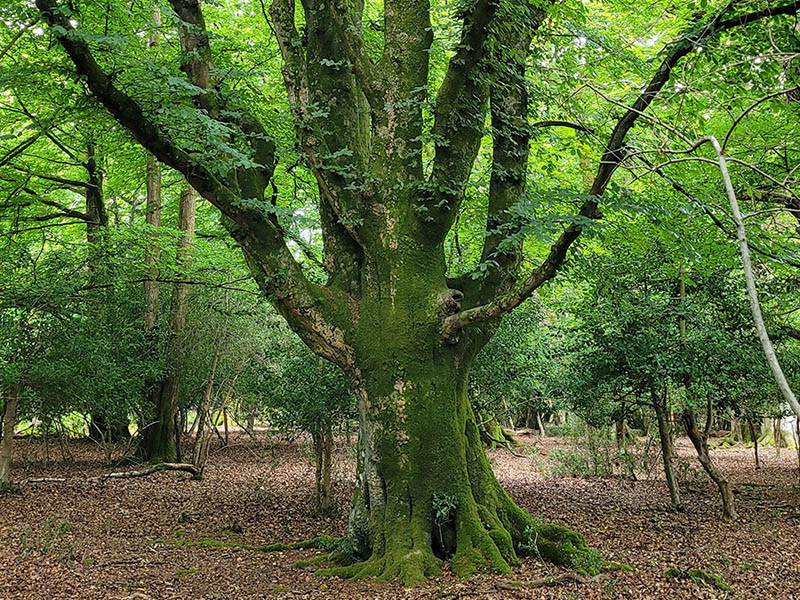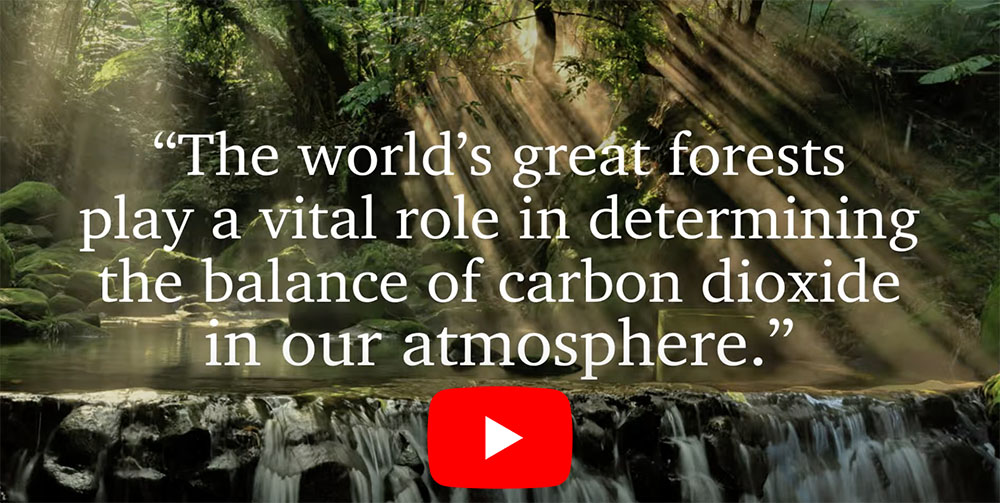As an applied micro-economist, Chris's research and consulting interests include natural resource and environmental economics, climate change economics, tourism economics, social and economic project/program evaluation, sustainable development, and the economic determinants of subjective wellbeing.
In collaboration with the Climate Action Beacon, Chris is involved in a number of ongoing research projects with a Pacific Island focus and am particularly interested in sustainable development pathways for Small Island Developing States in the Pacific and beyond.
Chris have previously been employed as a Senior Consultant for MainStream Economics and Policy, and Marsden Jacob Associates, as well as a Senior Advisor within the Sustainable Development Policy Group of the New Zealand Ministry for the Environment. Chris holds a Bachelor of Arts (Economics) from the University of Otago, a Master of Applied Economics with first-class honours from Massey University, and a Ph.D. (Economics) from the University of Queensland. Chris was formerly the Director of the Griffith Institute for Tourism (2020-2021) and Director of Griffith University’s MBA program (2015-2020).







